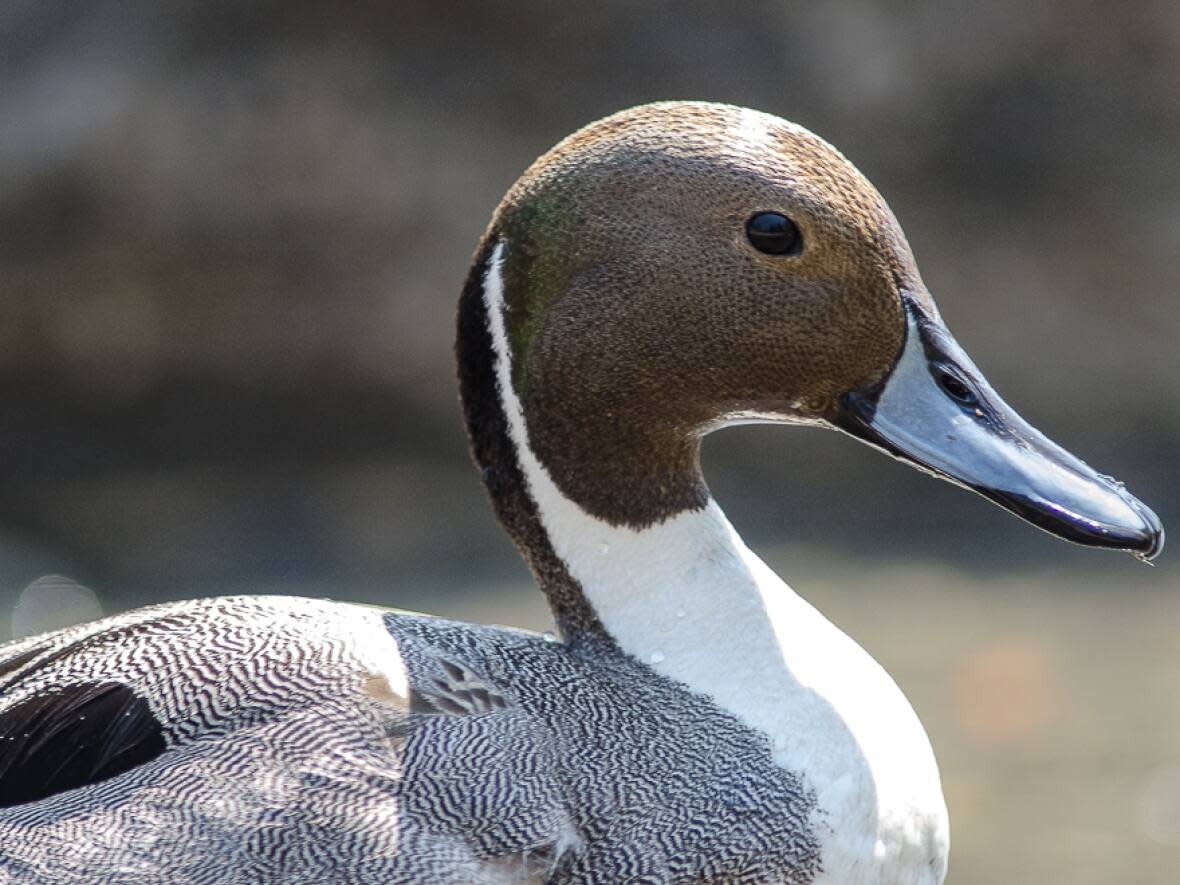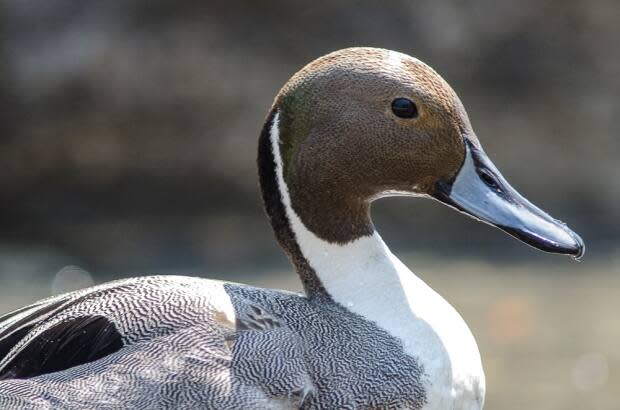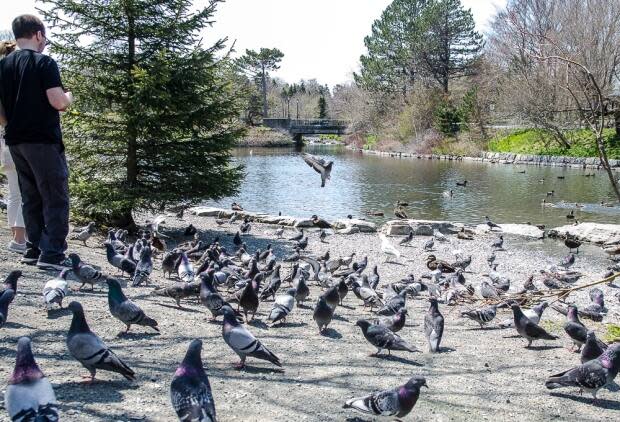Need for feed: St. John's birdwatchers worry for city flocks after feeding ban


Bird enthusiasts are worried about the wild duck population of St. John's, after the city asked residents not to feed them due to the discovery of avian flu in the region.
Many ponds around St. John's are renowned for their diversity of ducks and waterfowl. Quidi Vidi Lake and Bowring Park, for example, are hot spots for birdwatching activity. And while bird enthusiasts are used to gathering along the shores every day to watch and photograph the animals, feeding them is off the table for now.
"I think that most people are probably staying on the cautionary side," Shawn Fitzpatrick, an avid bird watcher and photographer, told CBC Radio's St. John's Morning Show in a recent interview.
"There's H5N1 said to be in the community now with birds. My understanding is it's here now, it's like COVID — it's not going to pack a bag and move on. I don't see that the birds need to starve to death in the process of that, though."
On Dec. 20, the Canadian Food Inspection Agency confirmed the presence of avian influenza H5N1 at Lester's Farm Chalet. The strain killed 360 birds on the farm, and the 59 remaining birds that weren't infected were destroyed to prevent further spread of the virus.
Eleven days later the City of St. John's said officials with Environment Canada had confirmed the virus — often called bird flu — had been found in Bowring Park, Quidi Vidi Lake and other areas of the city frequented by flocks of birds.
A little help
In a statement to CBC News the City of St. John's said it does not maintain the wild bird population, and the only birds it has responsibility for are swans.
But bird enthusiast and columnist Bruce Mactavish says something needs to be done to keep ducks fed over the winter.

"It puts a lot of these city ducks into a hard situation, because over the last couple of decades there's been quite a large number of ducks that have adapted to hanging out in various city ponds for free handouts of food," Mactavish said.
"There's several hundreds of ducks that are quite dependent on that, and these ducks normally would have left here before winter because there's not enough good habitat in the winter time to support these ducks."
Mactavish said the ducks aren't going to go away, and there's potential for a lot of starvation until the feeding ban is lifted.
He said he hopes the officials who made the decision to stop feeding wild birds can come up with a better plan.
"I don't think they're looking at the consequence of just not feeding them. It's a long winter ahead for these birds — most of them are quite dependent on people feeding them regularly," said Mactavish.
"I think if you could throw the seed some distance from you and the ducks, that would help quite a bit. Just try not to walk in their feces and I think there's a way it could happen."
But the CFIA still warns against feeding wild birds, as wild waterfowl, including ducks, are natural hosts of avian influenza. Although H5N1 strains have mild to severe effects on waterfowl, the CFIA said in its statement, the birds can still be carriers of the virus.

 Yahoo Movies
Yahoo Movies 
